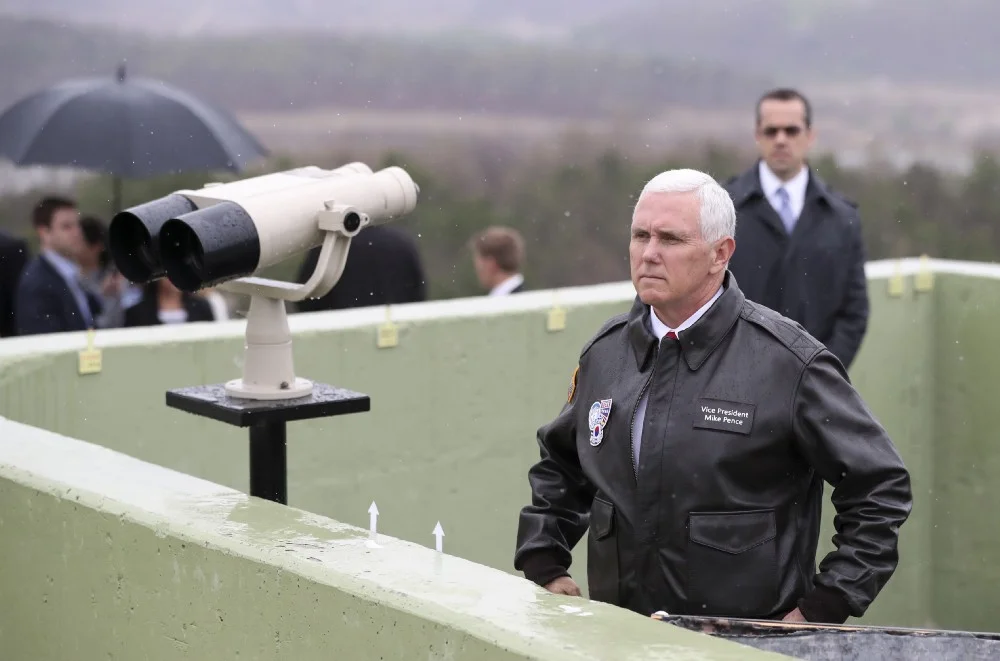Dems Look to Montana as GOP Put on Notice in Special Elections By Heather E. Yates
There were no electoral victories to be had for the Democrats in this month’s special elections. Ron Estes prevailed in Kansas over James Thompson, albeit, by a narrow margin and the contest in Georgia advances to a June Run-off election pitting Democrat Jon Ossoff against Republican Karen Handel. While both parties want to claim the victory in Georgia, it more closely resembles a stalemate, with no candidate reaching the mandated 50 percent threshold for out-right victory.
There are some moral victories to acknowledge in all this. The moral victory in Kansas is couched on the fact that Trump won the 4th congressional district by 27 points and Thompson came within seven points of winning it. Kansas-4 is redder than the Georgia-6, where Thompson was still able to keep pressure on the Estes campaign organization to spend money and political capital just to retain a traditionally safe seat.
The Democratic Congressional Campaign Committee sponsored phone banks for Thompson in Kansas and prioritized financial and field resources in Georgia’s 6th. Early Federal Election Commission disclosures showed that Ossoff’s campaign raised $8.3 million in campaign funds and the campaign air war had tallied (from both sides) $14 million in advertising expenditures. Trump squeaked out a one point victory in that district and therefore, the seat was already on the DNC’s 2018 target list even before Tom Price resigned.
An overwhelming amount of out-of-state money funneled in from Democrats all over the country to these special elections, affirming the anti-Trump-backlash narrative, which was a reasonable expectation given the residual resentment Democrats regularly expressed toward President Trump.
Despite the high-profile involvement of rank and file Republicans in these elections, especially in Georgia, when President Trump exploited his twitter platform (beyond his recorded auto-call messages) to render real-time influence on the election, the margins of victory were too narrow for the Republicans to feel secure in those traditionally safe districts. The Republicans seem quick to acknowledge the implications indicate trouble for incumbents in the 2018 midterm contests.
In lieu of the electoral victories, the Democrats will emphasize the moral victories to reenergize the base and future party-building endeavors before next month’s special elections for Montana’s at-large district. The Democrats are still on the offensive, but will need to find ways to sustain the level of the fervor observed in the Kansas and Georgia.
Although, the GOP stronghold persists in these districts, the Democratic campaign strategy and intense media scrutiny could cut into Trump’s enthusiasm gap, which has become the source of Republican concern in these contests. The at-large district in Montana, being one that covers the entire state with one million residents, could offer a better test of the referendum theory on Trump’s administration.
Heather E. Yates (@heatheryatesphd) is Assistant Professor of Political Science at the University of Central Arkansas and the author of The Politics of Emotions, Candidates, and Choices (Palgrave).





